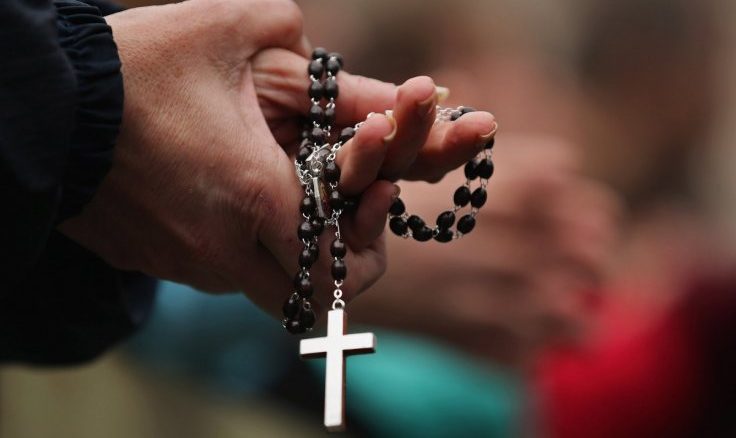
The role of the Catholic Church in society has become something of a debate in recent years. Is the church relevant to life in this day and age? Should we believe in an institution that has abused the trust of its followers in the past? Will there ever be a day when the church is regarded with respect without the cloud of judgement and wariness which we have recently become accustomed?
With any new generation beliefs and rules are called into question, no more than with the younger generation of today. The revelations concerning the church, which have been brought to the forefront of society in the last 10 years, have led to a lax in trust in the church amongst millennials.
The way in which our grandparents and parents were taught about religion differs dramatically to religious education in schools today. This has led to a generation divide between what we were told as children and what we have learned through school. Although, the change in how the church influences education may not be a bad thing. Perhaps it is easier for teenagers to make an informed decision on religions and whether they should play a role in their life, if they have been given the opportunity to study each in equal measure, independent of bias.
There are several reasons why, in my opinion, young people are less inclined to be as dedicated to the church as their elder relatives. For one thing, the same-sex marriage referendum last May was heavily supported by students, and was of course against the views of the church. This year the repeal of the 8th amendment and abortion laws are huge topics of interest among students and again the church has taken a firm stance against changing the law.
Perhaps a lack of understanding in terms of the opinions and beliefs of the younger generation is preventing the church from gaining a fresh following. Maybe the church, which still appears as an unwavering and unyielding force in terms of progression, should reconsider its rigid convictions.
Spotlight, winner of Best Picture at the recent Academy Awards is a prime example of the lengths the church has gone to in the past to appear faultless and without blame. After the Boston Globe published its findings on alleged sexual abuse cases involving the Catholic Church in Boston in 2002, the investigative team was inundated with calls from people wanting to tell their own stories. Following this revelation there was a shift in how people viewed the church, which has led to a tense relationship with the generation which grew up with the church in the headlines, for all the wrong reasons.
According to a recent case in Pennsylvania in the U.S, two Catholic bishops allegedly covered up the sexual abuse of hundreds of children by over fifty members of the clergy. With stories like this becoming more apparent it becomes difficult to defend, or even find reason to support, an institution which would allow a crime of this nature to go unreported not once, but hundreds of times.
Perhaps the biggest issue was that people, particularly in the 20th century, didn’t know what to do, they had no voice. In the case in Pennsylvania the victims were allegedly threatened with excommunication, they would have been shunned from their community if they dared to defy the church. Now the axis has spun in reverse and it is the church that is left ashen and disbelieving of how it is now viewed by society.
It was only after allegations against priests in Ireland came to light in the media that it became a topic of discussion that was no longer taboo. For an established institution such as the church, with such a profound grip of power over the people of this country, it was the beginning cracks in an already outdated ideology.
Irish people have never been the most forthcoming when it comes to sharing; we tend to insistently keep our problems to ourselves. I have always thought that in Ireland it seems like people think that talking about an issue is a sign of weakness, when in fact it is a show of strength.
In my eyes, the biggest issue in regards to the church involves admitting to fault and making a conscious effort to evolve and adapt to change as society changes, something I feel the church has yet to do. For there to be progress there must first be change. If the church is going to remain a part of Irish people’s lives, and not just something our ancestors used to believe in, it must reform in order to become something younger generations will want to believe in.
Whether the church will fully recover from the scandals it has faced over the last few years remains to be seen. One thing that is certain however, the power the church held in society and in particular in the lives of Irish people has lessened and will likely never return to its previous strength again.
Hannah Moran
Image Credit: Getty Images




Leave a Reply